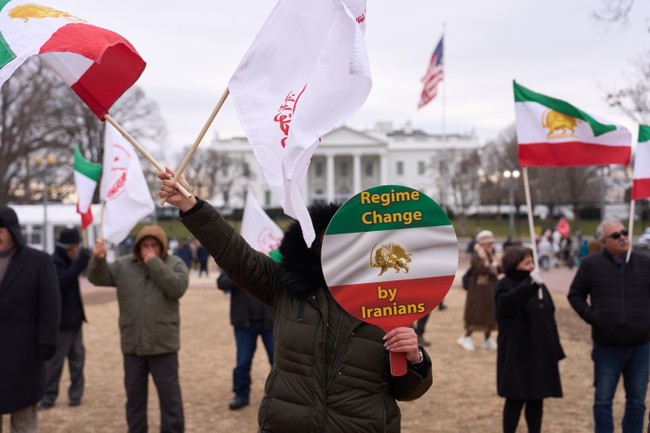The Rookie’s writers seem to have lost direction for Jenna Dewan’s character Bailey Nune in Season 8, with her storylines feeling forced and inauthentic.
Author: admin
An investigation is underway in Fairhaven after a person was struck and seriously injured by a driver on Saturday night, officials said. Officers responding to.
Moe Wagner set for Magic return after 13 months after suffering torn ACL
Tucker powers Piscataway Magnet to win over Somerset Tech – Girls basketball recap
The Annual AFI Awards Lunch Allows Rivals to Chill
Mind blowing photos show just how wet California is now as best drought score in decades hits
A powerful storm hit Istanbul on Jan. 8, bringing strong winds, towering waves and widespread disruption to sea transport, while also affecting several other provinces across western Türkiye. Following warnings from the Turkish State Meteorological Service, gale-force winds began sweeping through Istanbul in the morning hours, intensifying over the Bosphorus and the Marmara Sea. In Beşiktaş, large waves slammed into the shoreline, creating hazardous conditions along the coast. Maritime operations were brought to a grinding halt, as treacherous sea conditions made navigation impossible. Beşiktaş – Kadıköy passenger boat services were suspended, while some ferry lines announced multiple cancellations.
As the Islamic regime in Iran slaughters protestors rising up against the tyranny, Donald Trump just vowed to back the Persian people.
The Kids (in the Hall) are alright, a NASCAR takes on Le Mans, and Cirque du Soleil battles back in this weekend’s doc picks.
Rivian is offering a special deal on select R1 models, hoping to counter sales drops and lost tax credits with aggressive financing.









